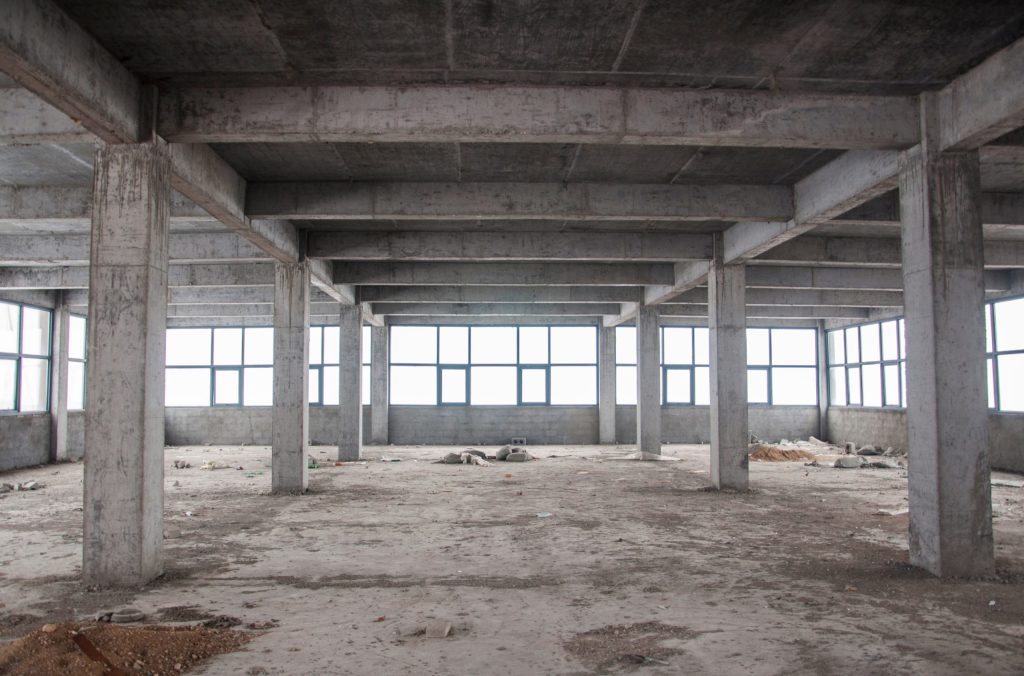A Schedule of Condition is often used in real estate transactions, when a tenant is taking on a lease for a property.
The Schedule of Condition is a way for both landlords and tenants to protect themselves and their interests by outlining and agreeing the state of a property at the outset. As it avoids potential disputes and costly claims for damages during the team or at the end of a lease, this can be invaluable where the property being leased is not new and subject to age related wear.
Commercial leases often place a responsibility upon the tenant to keep a property in repair, regardless of the condition at the beginning of the lease. However, it may be possible to limit the tenant’s liability to handing back the building in no better or worse condition than at commencement by preparing a Schedule of Condition, which is then engrossed in the lease.
Conversely, a Schedule of Condition can help a landlord where the property to be leased is new, or refurbished to a good standard of repair, which can be evidenced in a Schedule of Condition and the standard of repair that it should be returned at lease end, by the tenant.















